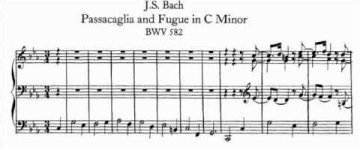Ghenadie Rotari has a very interesting podcast including a new interview with "classical" player Margherita Berlanda. Different from your run of the mill accordion podcast. Check it out:
 www.ghenadierotari.com
www.ghenadierotari.com
Everything Accordion Podcast | Ghenadie Rotari Concert Accordionist
The page dedicated to the Everything Accordion Podcast created by Ghenadie Rotari
 www.ghenadierotari.com
www.ghenadierotari.com

